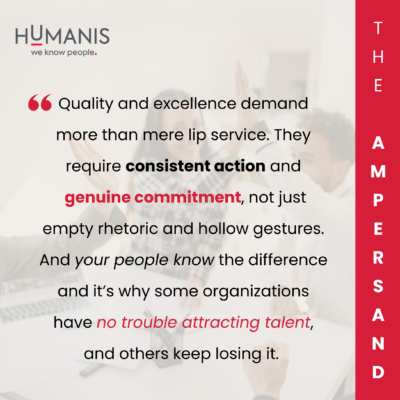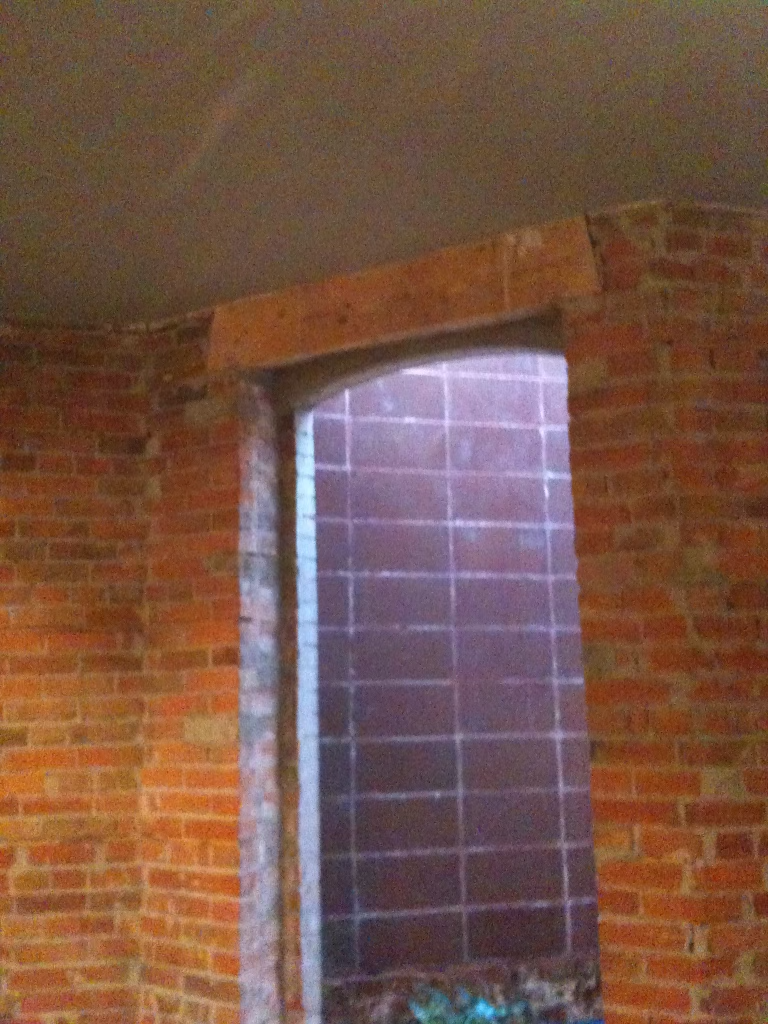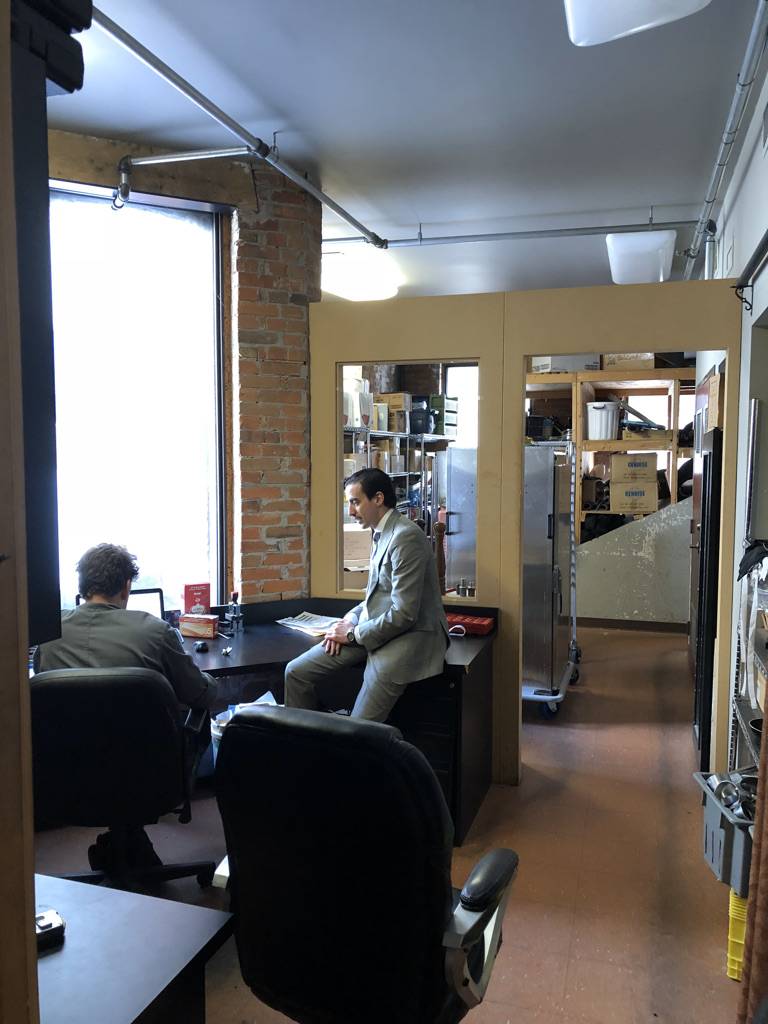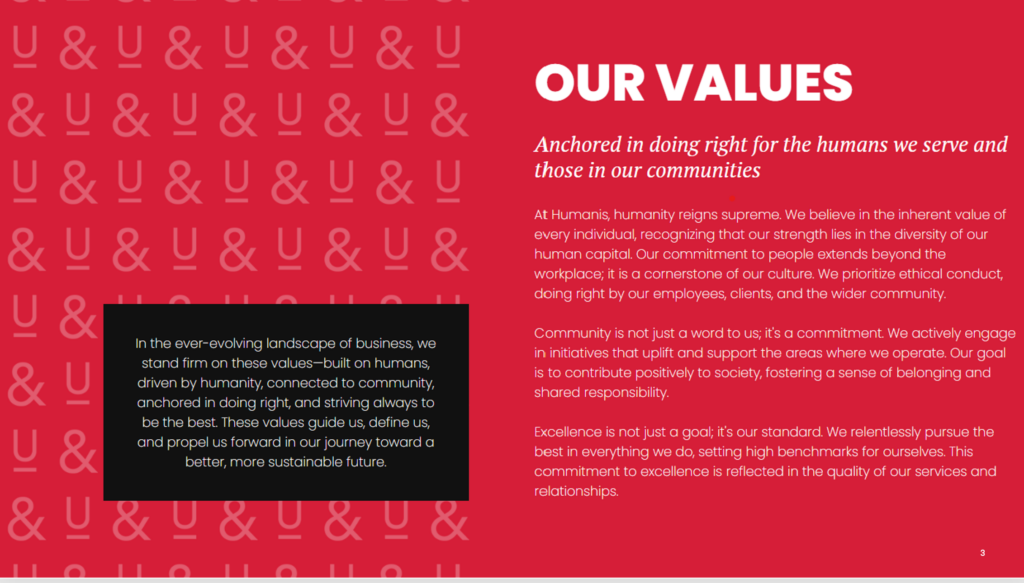

Listen to the Newsletter!
Dear Friends and Colleagues,
Living as I do in the southwest quadrant of my four-cornered city, my daily commute takes me north on Crowchild Trail and then merges onto Bow Trail eastbound into downtown. I am not alone on this route and typically find myself bumper-to-bumper with countless other commuters headed downtown for their daily toil.
Every morning, without fail, some of my fellow citizens ignore not only the clearly marked road signs, but they ignore the very foundation of a rules-based democracy and, with it, the delicate balance of western civilization, nay, humanity. Flagrantly breaching the social contract underpinning how we live, they drive to the very northerly end of the faster middle lane only to merge, last minute, plunging into the offramp. Occasionally, they’ll wave with all the sincerity of a gesturing tennis player feigning apology for winning a point by having their ball trickle off the net cord into the opponent’s court. Or, not feigning at all and just cutting in, ahead of me and the majority of my fellow law-abiding, rule-following, peer-respecting travellers who know that the difference between the survival of democratic institutions and complete anarchy hangs in the balance right there, in that moment.
Surely, they see the long cue of cars patiently waiting their turn to exit from one slow-moving major artery to another in the duly appointed and well-marked exit lane. Surely, they do this drive every day, like I do. And while, surely, they rationalize that what they are doing isn’t illegal in the strictest sense, they cling to the entitled belief that the rules — if not the laws — do not apply to them.
One recent morning, my annoyance escalated when, upon being abruptly cut off by one such patriot, causing me to brake suddenly and skid slightly on the slick spring slush that is Calgary in March, several seconds after wedging his way in, flicked his signal indicator, as though retroactively indicating his intent to merge and, with it, expunging his record, and absolving himself of being a jerk. I’ve not seen a more literal demonstration of virtue signalling since Leonardo DiCaprio fretted about climate change during a standard mid-winter chinook, the meteorological phenomenon that’s been happening in these parts since, well, the beginning of time.
Wait. That’s actually not true. I very recently endured, firsthand, an exhibit of hypocrisy and moral posturing that would make even Leo blush. And it brings me to the point of this dispatch, the first rant of its kind in the Humanis-era and probably since I wrote about the U of C not providing feedback way back in 2018 (still one of the most widely read blog posts of them all).
This isn’t about April Fools; it’s about regular ones. More specifically, my former landlord. Settle in. You can’t make this stuff up.
First, a bit of context. With the emergence of ESG scorecarding – the process of evaluating a company’s performance in terms of environmental, social, and governance factors – we are seeing more and more organizations espousing in fancy ESG Reports, as much marketing brochures as they are compliance documents, all the laudable things they are doing, veritable Mother Theresas saving Mother Earth. Having a high ESG (Environmental, Social, and Governance) score is important for companies for several reasons, not least of which is it reflects their commitment and performance in key areas that are increasingly valued by investors, consumers, and regulatory bodies.
I know a thing or two about this because we dedicated an entire season of our podcast, The Ampersand-Unplugged, to the topic, interviewing leading experts and immersing ourselves in the finer details. The scorecard typically includes metrics related to environmental impact (such as waste management – more on that below), social responsibility, and governance practices. In short, ESG scorecarding helps stakeholders make more informed decisions about investments, partnerships, and engagements with companies based on their sustainability and ethical performance.
Our decision to move out of the Alberta Hotel Building actually had nothing to do with our landlord’s ESG commitment, or lack of it. Rather, it was the actual moving out part that so triggered us.
After 15 years in the same space, I can report we left it much better than we found it. Sure, there were a few little holes in the walls and predictable wear and tear, but the dark and dingey sushi-restaurant-that-suddenly-went-broke vibe we initially inherited in 2009 was replaced by a bright character space accentuating the history of the building. Cinder block walls evincing a heavy prison aesthetic were wallpapered over with old black and white photos of Stephen Avenue from the turn of the 20th century. Boarded up interior windows were replaced with acrylic film depicting prairie scenes, and our 2019 expansion into the once-neglected Murrieta’s chef’s office converted to our “S&Box” a fun hangout space.




This made the ensuing discussion about the furniture all the more confounding. When I first started the firm in the summer of 2009, I had repatriated several beautiful oak and Birdseye maple desks and credenzas from the bowels of RGO’s used furniture warehouse. They once belonged to my old law firm, and likely another older one before it. With the firm’s move to same-sized offices with modular furniture, they couldn’t bear to toss the old furniture, so they stored it. Not only was it beautiful, but it felt nostalgic to reclaim some of the very desks I likely slept under as an articling student a dozen years earlier.
A character building with no easily accessible elevator, the movers who hauled that furniture up the four flights of stairs in 2009 probably still have my face pinned on a dart board in a kitchen somewhere and most certainly have lost my number. Hauling it back down those stairs now, absent a compelling reason to do so, would be equally problematic.
And there was absolutely no compelling reason to be found. Even the lease was vague, suggesting we were “entitled to remove all furniture” not “required” to do so. And yet, in the face of all logic, though totally on brand, the landlord dug in. Having tried unsuccessfully to donate to various charities (flush with post-Covid work from home hand-me-downs) we made our landlord the following offer: leave the furniture in the space and when (if) you secure a tenant, ask them if they want it. If they do, it’s theirs. If they don’t, we’d remove it at that time, at our expense. Saves us the hassle and expense of moving it out, allows the landlord to stage the space, provides the next tenant with the option of made to measure furniture. Case closed. You’re welcome.
The response? A hard no.
Instead, they offered to demolish the furniture on site, remove it in pieces, and take it to the landfill. And for the privilege we pay them $4000 plus a 15% “administrative fee” (presumably used to cover the cost of the desecration ritual at the company Christmas party).
Exasperated, I threatened to just walk. I had no interest in having blood, or in this case, sawdust, on my hands as they wantonly destroyed perfectly good furniture for no apparent reason. Then they reminded me of the damage deposit I’d provided all those years ago and threatened to use it all up if I didn’t play ball.
I was cornered. Out of ideas, I googled their ESG Report. And wouldn’t you know it? Even hell’s furnace makers purport to be stewards of the planet. Here are a few nuggets from their report:
Armed with a few new arrows in my quiver, once more unto the breach I went, with this email:
This next part you can’t make up. For if the story ended here you might rightly accuse me of sounding whiney. Or, as one reader of the 2018 U of C post commented:
Adam, Pithy writing. Pissy point.
Ouch. Except this story doesn’t end there. You see, during this entire back and forth, my multiple death row appeals to the Governor to spare the desks from the chair, the landlord already had a tenant lined up. Moving in the day after our lease expired. Who wanted the furniture and told the landlord so.
I know this because I’ve spoken with the new tenant; they are my erstwhile upstairs neighbour in the Old Alberta Hotel Building. Oh, and not only did the brutes destroy the furniture I knew about, but they took the sledgehammer to the reception desk, too – despite my pleas to spare it. And so now, the new tenant must find new furniture, a mover to haul it up the stairs, a reception desk to build and a landlord to endure. Hey, at least they have an ESG Policy.
In a span of a few short months that this planet-saving landlord sent perfectly good furniture to the landfill, it also failed to allow Arts Commons to save another of its tenants, The Grand Theatre, having opened in 1912, and it all but forced the iconic local downtown business, The Cellar wine store, into closing its doors. Since you’re wondering, here’s their ESG description under Social: “We aim to improve employee and user experience and support the communities where we operate.” With community-minded guardians like that, who needs enemies?
Maybe this hit a nerve because of the history connected to the old furniture. Or maybe because I just never liked the landlord. Or, most likely, because I belong to a firm that truly walks the walk, reflects the community we serve, and tries really hard to do the right thing every damn day. One that proudly states on its website (for we don’t have an ESG Report):

Just remember, talent is attracted to quality and flees mediocrity. If you’re content with mediocrity, you’ll find yourself surrounded by it. Quality and excellence demand more than mere lip service. They require consistent action and genuine commitment, not just empty rhetoric and hollow gestures. And your people know the difference and it’s why some organizations have no trouble attracting talent, and others keep losing it. And it could be why so many of my landlord’s buildings sit empty.
I guess the point is this: if you don’t want to be a good corporate citizen, fine. You do you. Close century-old theatres, hollow out downtown, burn perfectly good furniture. But please don’t then say how great you are, how much you care, and espouse the virtues of your contributions. Just drive to the very end of the fast lane and merge unannounced. But don’t wave at me. Don’t virtuously signal after the deed is done. Just be a jerk. Spare me the time and effort of having to do the analysis.
The rest of us will save the world.
Regards,
Adam.